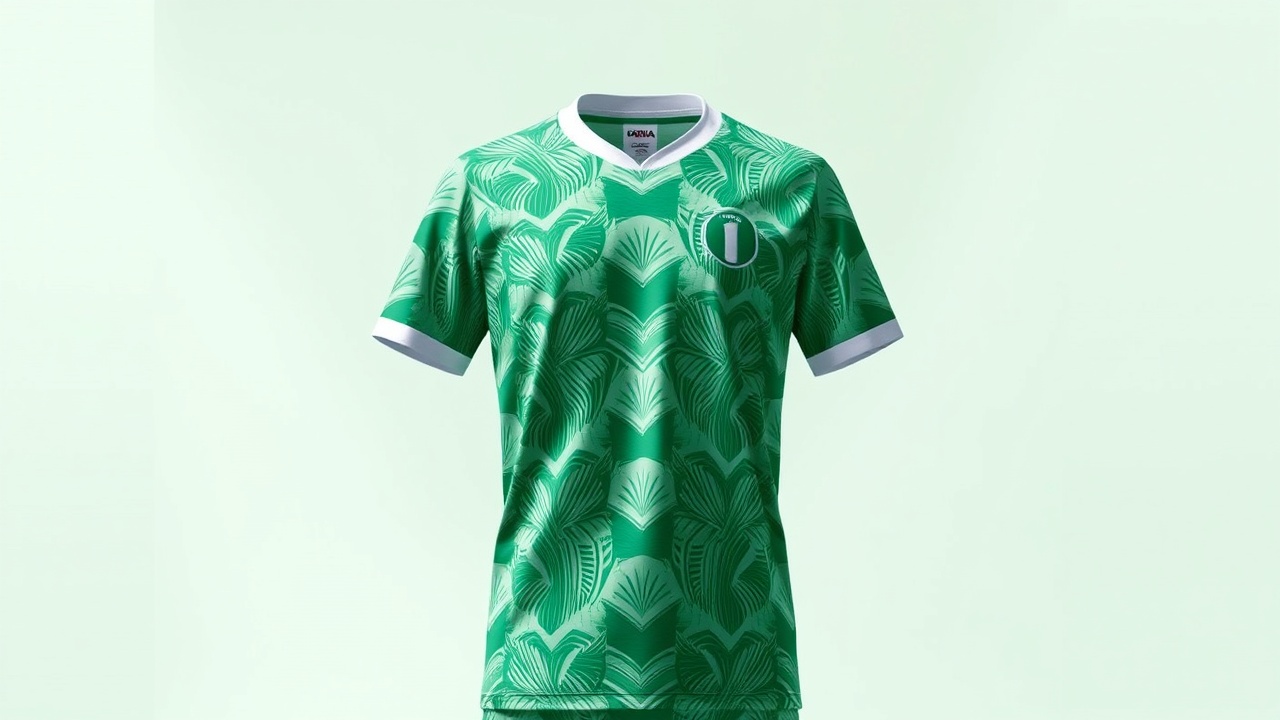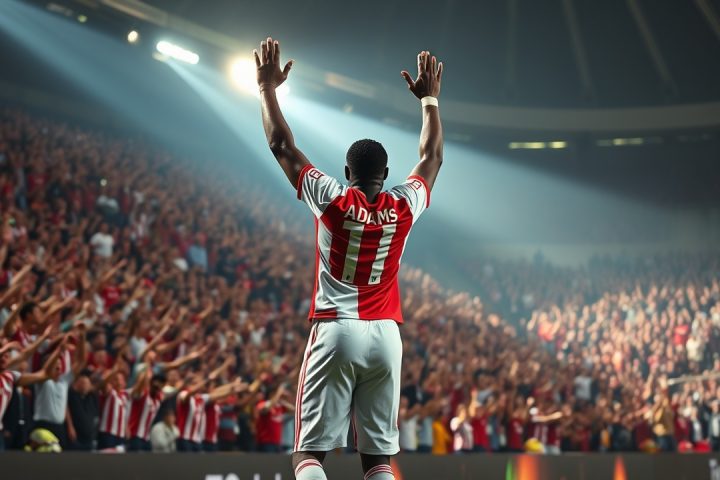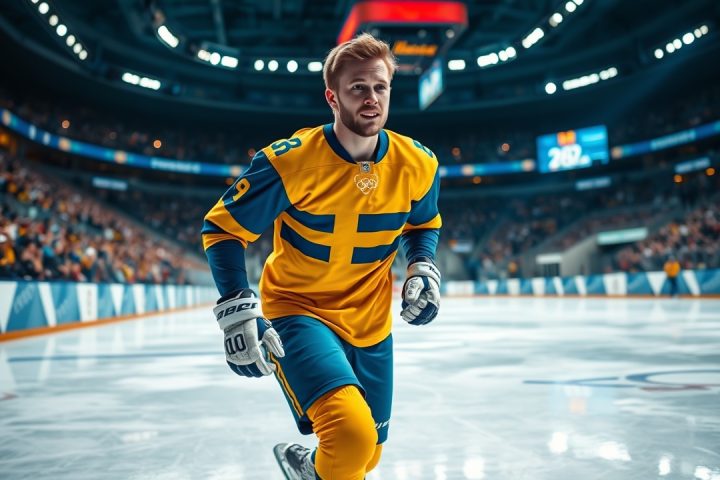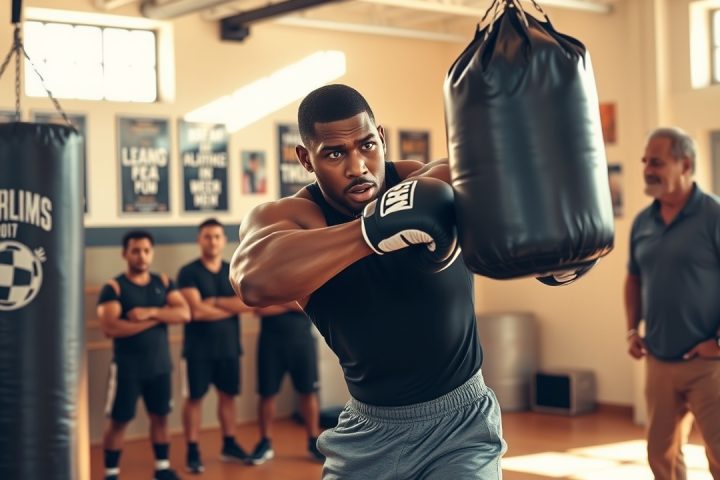Kitted Out: Soccer Jerseys at the Intersection of Fashion and Culture
This piece is featured in our series, Kitted Out, which delves into the intersection of soccer jerseys with fashion and cultural significance. Football clubs and national teams globally unveil multiple kits each season, often leading to a surge in merchandise inspired by these jerseys. Standing out amongst a sea of designs is no small feat; creating an iconic kit can significantly impact the football apparel landscape.
The Nigerian Home Jersey Phenomenon
In 2018, just before the FIFA World Cup in Russia, Nigerian designer Michael Wolff collaborated with Nike to launch an innovative home jersey that generated an unprecedented demand. Doug Bierton, CEO of Classic Football Shirts, remarked that this particular shirt marked a turning point, appealing not just to Nigeria supporters or avid collectors but capturing the attention of the wider public, creating an instant secondary market for the product.
When it debuted on June 1, 2018, customers queued around the block at Nike’s London store for the kit that received a staggering three million pre-orders, leading to an instantaneous sell-out.
The vibrant green and white home shirt was complemented by various other items, including track jackets and bucket hats, all of which quickly disappeared from the shelves.
Design Inspiration and Cultural Significance
While its mass appeal was undeniable, the design team prioritized the sentiment of Nigerian fans, players, and the football federation during the creative process. Nike’s announcement highlighted the kit as a homage to Nigeria’s dynamic history in football, celebrating its 1994 World Cup entry with a modern reinterpretation featuring abstract feather patterns and a fresh color palette.
Bierton noted that the kit was revolutionary for its time, cleverly weaving nostalgia with contemporary design, and even earning a nomination for the 2019 Beazley Designs of the Year award. Historically, Nigeria sported a darker green for their home kits, but the 2018 release showcased a lighter, more eye-catching shade that resonated with fans.
Nike’s design director Peter Hoppins recounted the creative journey, revealing their decision to push boundaries while balancing tradition—one kit retained a classic dark green design while the other embraced bold experimentation.
They strove to incorporate Nigerian cultural elements into their designs, which required convincing the federation’s leadership of the kit’s potential, blending modern artistry with the vibrant spirit of Nigeria.
Desmond ‘Dez’ Ebohon, a sports marketer from Edo State, echoed this sentiment, praising the cultural significance of the 2018 kit, which he deemed both beautiful and representative of Nigerian identity. The design echoed traditional motifs, such as those seen in Adire fabric, enhancing its cultural appeal.
The Broader Impact and Market Dynamics
The excitement surrounding this kit reflects a broader trend where football shirts became symbols of personal expression, ushering in an era of increased demand and interest among fans. According to Bierton, it’s rare for jerseys to exceed their retail prices shortly after release; however, the Nigeria 2018 home kit often sells for double its original price on the resale market.
Despite the influx of bold designs in recent years, Bierton warns that not every attempt to duplicate Nigeria’s success will be sustainable or organic, suggesting that the uniqueness of such jubilant styles is limited. The surprise factor of new releases is lessened by frequent leaks, yet each jersey carries its distinct memories for fans, influencing their perceived value.
Memories Beyond the Jersey
Although the Super Eagles did not advance past the group stage in the tournament, the memories associated with the iconic jersey remain strong. Ebohon reminisces about Nigeria’s triumphant match against Iceland, highlighting it as a significant moment in a jersey that would come to symbolize much more than just a uniform.
As a concluding note, Kitted Out is part of a collaboration with VW Tiguan, which remains wholly independent from editorial choices made by The Athletic; partners do not influence reporting or accept pre-publication reviews of content.




